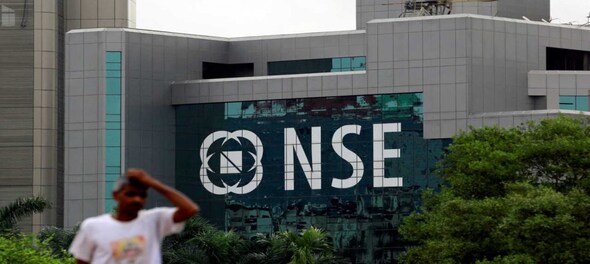
With the National Stock Exchange (NSE) in the news for all the wrong reasons following the shenanigans of Chitra Ramkrishna, its former chief executive officer, its birth nearly 30 years ago is worth recounting.
Till 1992, the Bombay Stock Exchange (BSE) set up in 1875 as The Native Share and Stock Brokers Association was the undisputed stock trading centre of the country. But the BSE was just what it had been originally named, a closed club of powerful brokers who between them controlled trading in the country. Despite being Asia’s oldest exchange, it had failed to grow the equity culture in the country. The other 18 regional exchanges in the country played a minor role with BSE accounting for 70 percent of all trading.
By the early 1990s, the limitations of the giant of Dalal Street were self-evident and the need for a modern exchange that would break its hegemony was acutely felt. Consequently, in 1992, the NSE was set up, based on the recommendations of the Pherwani Committee Report on New Financial Instruments which was chaired by the former head of the Unit Trust of India, Manohar J. Pherwani.
Also Read
A second national exchange was a revolutionary idea for the times. Barring New York (which had the New York Stock Exchange as well as the newer Nasdaq) all the other major stock trading centers had only a single stock exchange.
The entrenched broking community headed by powerful leaders opposed the new creation and threatened that a two-exchange system would only lead to greater volatility. But fed up with having its earlier efforts at reforming the existing stock markets nixed by such opposition, the government dug in.
It roped in a clutch of Indian and global financial institutions including Life Insurance Corporation, State Bank of India, IFCI and IDFC along with global investors like Gagil FDI, GS Strategic Investments, SAIF II SE Investments Mauritius and Aranda Investments (Mauritius) as promoters of the new institution which was recognized as a stock exchange by Sebi in 1993 while trading began a year later.
The now famous Nifty 50 Index came into being in 1995. As a fully automated dematerialized, electronic exchange giving simultaneous access to investors across the country it was path breaking and went on to unleash a new class of retail investors, keen on higher returns on their savings than they got from traditional instruments like the post office savings schemes and bank deposits.
Initially, to avoid conflict with the powerful BSE, the NSE was expected to restrict listing only to medium-sized companies and also focus largely on debentures and bonds rather than shares. Since these instruments were largely ignored by the BSE and the other regional exchanges, it was felt that the NSE would complement their working rather than emerge as a rival.
Eventually BSE too gave up the open outcry trading along with the paper-based settlement system. Spurred on by the growing strength of NSE, it too professionalized its operations and today lists over 7400 stocks against the 1790 listed on NSE. In terms of market capitalization too it is now ahead of NSE.
Significantly, the two together expanded the equity culture in the country. No longer is stock trading the exclusive preserve of a handful of traders and brokers.
—Sundeep Khanna is a former editor and the co-author of the recently released Azim Premji: The Man Beyond the Billions. Views are personal.
(Edited by : Ajay Vaishnav)
Check out our in-depth Market Coverage, Business News & get real-time Stock Market Updates on CNBC-TV18. Also, Watch our channels CNBC-TV18, CNBC Awaaz and CNBC Bajar Live on-the-go!


'Borrowed' leaders: Congress hits out at AAP for not fielding their own candidates in Punjab
Apr 28, 2024 9:53 PM
EC asks AAP to modify election campaign song and Kejriwal's party is miffed
Apr 28, 2024 9:25 PM

